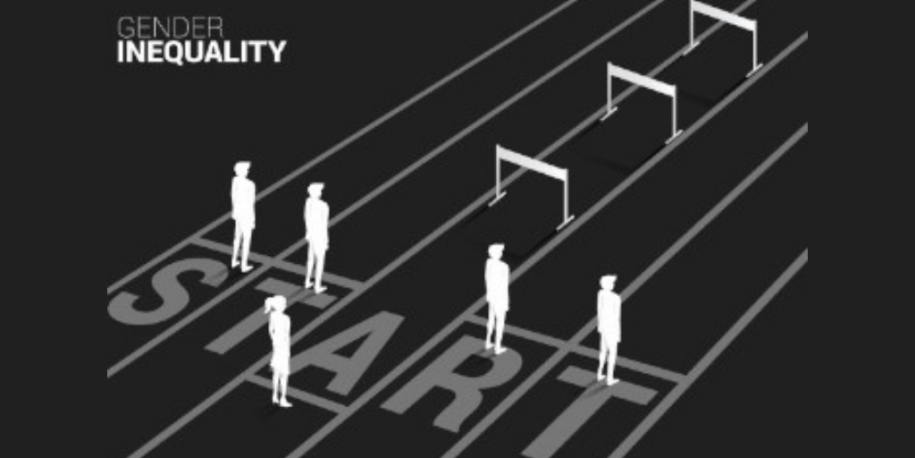Communication forms a key part of every business enterprise. Not surprisingly, the absence of effective communication is bound to translate to unfavorable consequences. This is where the conversation surrounding bias becomes all the more important
The beliefs we hold about certain people or groups more often than not manifest as unconscious biases. These in turn tend to influence the language of communication. When it comes to an enterprise, these oversights impact the effectiveness of major processes, starting with hiring. For instance, think of all the times that a job listing has invited applications for the positions of Chairman. Such a gender-loaded term can give the impression that the organization is seeking for male candidates, thus inadvertently closing doors for many capable individuals who are not men. Even within an organization, communication that has the tendency to alienate people also poses difficulties for various minority groups. Many minority groups, who have generally been under-represented within enterprises can attest to this.
The kind of language used in this case does not appear biased at first glance. This is where our understanding of implicit biases takes center-stage. Words like blacklist that have a negative connotation tend to send the message that ‘Black’ is bad. Similarly, a not-so-obvious but implicitly racist term is cake-walk, which has its origin in the pre-US Civil War era, when slave owners used to reward their slaves with heavily decorated cakes for a dance that used to be known as ‘prize-walk’. Something as sensitive as this has the tendency to vade our judgement, unless we take necessary action to introspect our language and its implications.
Thus, it is pretty evident that bias, especially unconscious bias poses a major threat to the employee-satisfaction and diversity of an organization, thereby impacting its productivity. It is then extremely important that we constantly retrace, rethink and re-analyze our linguistic choices when it comes to communication. Only then can we truly achieve the goals of progression and inclusion. If someone were to say that I hold a biased view against a section of people, I would immediately engage in an argument trying to prove them wrong. Of course my thinking can't be biased, can it? A lot of us in fact, hold this same sentiment when it comes to our deeply held beliefs and values. We are for all intentions and purposes the most sympathetic and accepting people of all. But a close introspection would surely shatter these notions within seconds – a truth that I had to begrudgingly accept.

